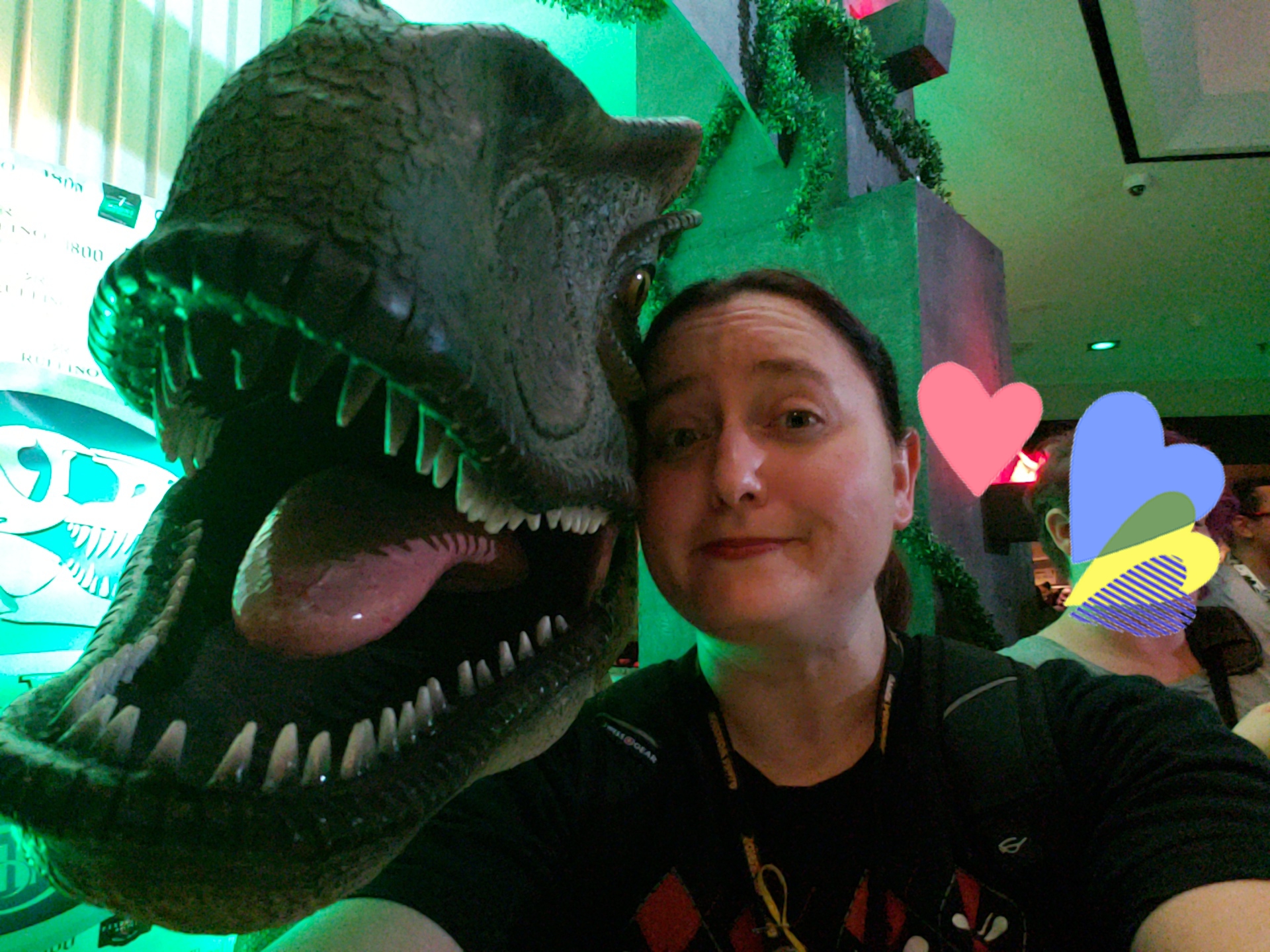This month has been a lot of Overworked, Stressed Out, and Too Much. All those things in combination make it very difficult to have a productive creative life. Most days this month I met my minimum writing practice by the skin of my teeth, but I met it and, even on the days when I wrote the least, I still felt proud of what I accomplished.
Taking satisfaction in my creative work is often more useful and positive than writing a couple thousand words. Writing 250 words that progresses the story, develops a difficult to articulate idea, or gets me closer to the version of the scene I want to convey often feels more productive than anything else I’ll work on in a week. And that feeling is one of the things I have to hold on to when I take stock of my progress over this month because word count wise? I did not have a stellar month.

Photo by Campaign Creators on Unsplash
I’ve found a lot of usefulness in quantifying my writing by tracking word count. It’s helped me understand my process and take comfort when it feels like I’m spinning my wheels. I know it takes me about three times as many words to get to the finished product, and that’s normal for me (which also helps me identify how much time it might take to finish a project). I know how many words I can write in a year and what’s pushing my limits. I know reasonable expectations versus delusions of grandeur.
And all that’s useful information to have!
But with so much focus on quantity, I’ve missed recording the qualitative side of writing. Keeping in touch with how I feel about a good writing day—focusing on building confidence and positive feelings associated with my writing—is what can balance out a rough, unfocused day. (Or a busy and exhausting month.)
I’d love to tell you I already came up with a clever tracking system and have been using it all month, but I didn’t realize I needed it until I started writing this post! (I guess that’s on deck coming up, huh?) Right now I feel good about my progress, even if I haven’t been tracking my feelings and am behind in my yearly word count goals. I’m keeping my head above water (even though I am seriously treading at the moment). I’m proud that despite how Overworked, Stressed Out, and Too Much my life has been, I haven’t stopped writing. I haven’t skipped a day. I haven’t lost my focus. (Well, longer than a temporary loss.)
Hopefully you’ve been able to stay positive in whatever it is you’re doing (and are a little less Overworked, Stressed Out, and Too Much than I am).
For full access to The Write Life, sign up on Patreon for $1 or more per month. You’ll also receive a personalized thank you in a future edition of The Write Life.








